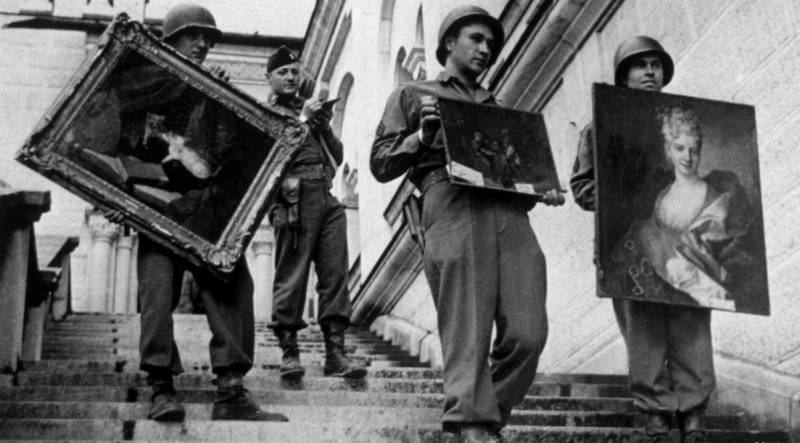Germany reforms process to return Nazi-looted art

Stay tuned with 24 News HD Android App

The German government on Wednesday signed off on a reform plan for the process of returning art looted by the Nazis, despite criticism from victims' families and lawyers.
The change would mean "Germany will better live up to its historical responsibility", culture minister Claudia Roth said in a statement.
Germany in 1998 signed the Washington Declaration which commits 44 signatory nations to track down and return art stolen by the Nazis to its rightful owners.
Almost 80 years after the end of Hitler's regime, the process of returning works to their rightful owners has struggled to make progress.
Under the current system, both claimants and the holders of allegedly looted art have to consent to arbitration -- a step many current owners have in practice refused to take.
The proposed reform would see the current advisory commission, whose decisions are not binding, replaced with an arbitration court for restitution claims.
The new mechanism would allow victims to make a "unilateral appeal" for the return of their artworks, Roth said.
A group of lawyers, historians and affected families however said the planned new system was a "slap in the face for victims" and only made their situation worse.
In an open letter to Chancellor Olaf Scholz sent on Tuesday, the group, led by the Switzerland-based lawyer Olaf Ossmann and German historian Willi Korte, called on the government to freeze the reform.
The framework for the new arbitration process had "never been publicly discussed", the critics wrote in the letter seen by AFP.
Instead of improving access to justice, the reform would exclude "entire groups of victims" and limit the right of restitution for others, they said.
Likewise, "the planned arbitration proceedings can only be invoked with the consent of the current owners", contrary to government statements, the letter said.
The Jewish Claims Conference, an organisation that seeks damages for Holocaust survivors, which will participate in the organisation of the new arbitration court, said the reform was a "first step".
"The next important step, however, is a restitution law that improves families' access to a fair and just process," the organisation's chair Gideon Taylor said in a statement.
